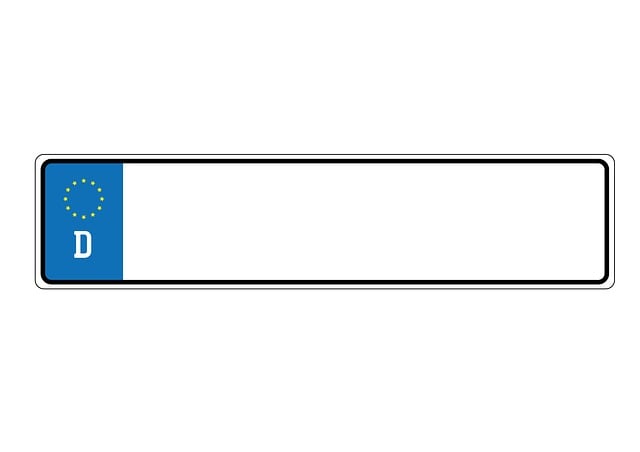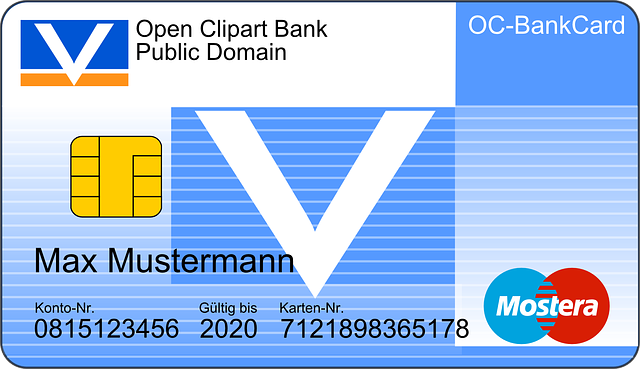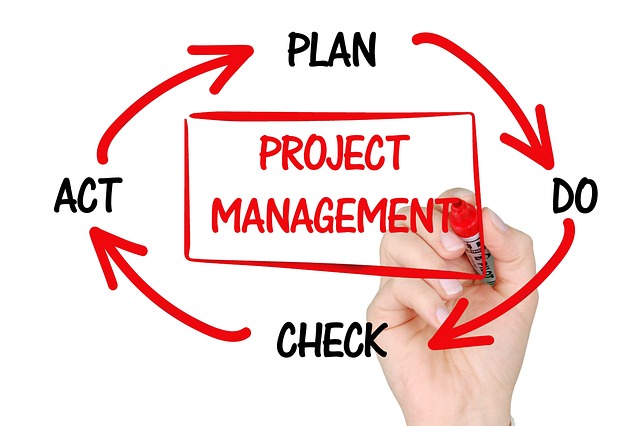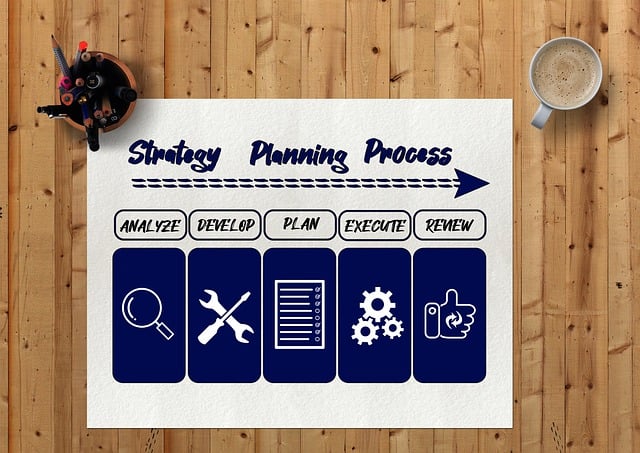Problem-solving skills are key to a robust service guarantee. Outline specific competencies like analytical thinking and creativity in service guarantees. Use practical scenarios, case studies, and simulations for effective assessments mirroring real-world challenges. Implement feedback loops for continuous improvement based on performance data. Quantify outcomes to assess adaptability and strategic thinking. Leverage analytics on customer interactions and operational data for quality assurance and proactive improvements.
“Unleash the power of proficient problem-solving within your organization with a strategic approach. This comprehensive guide navigates the essential components of evaluating and enhancing critical skills for exceptional service guarantee. By defining and measuring problem-solving competencies, designing realistic scenarios, and integrating feedback loops, you foster continuous improvement.
Data-driven insights ensure outcomes are not just quantified but also qualified, allowing for precise adjustments to service quality assurance.”
- Define Problem-Solving Competencies for Your Service Guarantee
- Design Effective Assessment Methods to Measure Expertise
- Create Realistic Scenarios for Optimal Performance Evaluation
- Integrate Feedback Loops for Continuous Skill Development
- Quantify and Qualify Outcomes for Comprehensive Analysis
- Utilize Data Insights to Enhance Service Quality Assurance
Define Problem-Solving Competencies for Your Service Guarantee

Problem-solving competencies are a critical component of any service guarantee. They refer to the skills and expertise required to identify, analyze, and effectively resolve issues that may arise during the provision of services. A well-defined set of problem-solving competencies ensures that your team is equipped to handle challenges efficiently, maintaining high levels of customer satisfaction and operational integrity.
When crafting a service guarantee, it’s essential to outline specific problem-solving skills expected of your staff. This includes analytical thinking, critical decision-making, creativity in devising solutions, and effective communication. By clearly communicating these competencies, you create a standard for performance and ensure that your team understands their role in delivering exceptional service.
Design Effective Assessment Methods to Measure Expertise

To design effective assessment methods for measuring expertise, it’s crucial to go beyond traditional knowledge tests and incorporate practical, real-world scenarios. This allows professionals to demonstrate their problem-solving skills in a manner that closely mirrors actual working conditions. For instance, case studies can present complex situations requiring analysis, strategic thinking, and innovative solutions – all key aspects of expertise. By observing how candidates tackle these challenges, assessors gain valuable insights into their analytical prowess and decision-making abilities.
Additionally, practical assessments like simulations or project assignments offer a service guarantee by enabling evaluators to measure the quality of solutions proposed and the candidate’s ability to adapt to changing parameters. These methods not only test knowledge retention but also critical thinking, creativity, and resource management – essential components that distinguish truly expert professionals from those with mere knowledge.
Create Realistic Scenarios for Optimal Performance Evaluation

To accurately assess problem-solving skills and expertise, creating realistic scenarios is paramount for evaluating optimal performance. These scenarios should mimic real-world challenges that professionals encounter in their day-to-day work, ensuring a fair and reliable measure of capabilities. By designing situations that reflect complex issues with multiple variables, you can gauge not only the candidate’s ability to identify solutions but also their approach to critical thinking, decision-making, and resource management under pressure.
A well-crafted scenario should include clear objectives, constraints, and expected deliverables, all while allowing for creativity and strategic planning. Incorporating elements like time limitations and budget restrictions adds realism, as does requiring collaboration or communication with simulated team members. Ultimately, these scenarios aim to uncover how individuals handle ambiguity, adapt to changing circumstances, and deliver results that meet or exceed the service guarantee.
Integrate Feedback Loops for Continuous Skill Development

Integrating feedback loops is a powerful strategy to enhance problem-solving skills and foster continuous expertise. By establishing mechanisms to gather and analyze performance data, individuals can identify areas for improvement and make informed adjustments. This iterative process encourages a growth mindset, where learning is seen as an ongoing journey rather than a static endpoint.
Feedback loops provide a service guarantee by ensuring that every interaction or task is an opportunity for refinement. Whether through peer review, self-assessment, or managerial feedback, individuals can gain valuable insights into their strengths and weaknesses. This knowledge drives targeted skill development, enabling professionals to excel in their fields and deliver exceptional results consistently.
Quantify and Qualify Outcomes for Comprehensive Analysis

When assessing problem-solving skills and expertise, it’s crucial to quantify and qualify outcomes for a comprehensive analysis. This involves not only measuring the final result but also understanding the process that led to it. By qualifying outcomes, professionals can demonstrate their ability to adapt strategies, analyze complex situations, and deliver effective solutions. This holistic approach ensures that every aspect of problem-solving is evaluated, from identifying root causes to implementing innovative tactics.
Quantifying outcomes allows for a clear understanding of the impact and efficiency of the solution. Metrics such as time saved, cost reduction, or improved customer satisfaction serve as tangible indicators of success. These figures provide valuable insights into the service guarantee offered by professionals, demonstrating their commitment to excellence and continuous improvement. Through this method, organizations can make data-driven decisions and foster a culture that prioritizes problem-solving expertise.
Utilize Data Insights to Enhance Service Quality Assurance

In today’s data-driven world, leveraging insights from customer interactions and operational data is crucial for enhancing service quality assurance. By utilizing advanced analytics tools, organizations can uncover trends, identify pain points, and gain valuable insights into customer preferences and behaviors. This allows for proactive improvements in service delivery, ensuring that every interaction meets or exceeds customer expectations.
For instance, analyzing call center data can reveal common issues across different customer segments, enabling targeted solutions. Similarly, examining online reviews and feedback can highlight areas where personalized attention is needed to bolster the service guarantee. Integrating these insights into quality assurance processes fosters a culture of continuous improvement, ultimately leading to enhanced customer satisfaction and loyalty.














